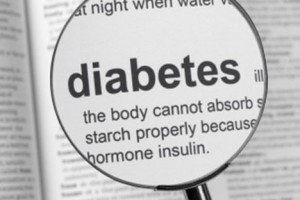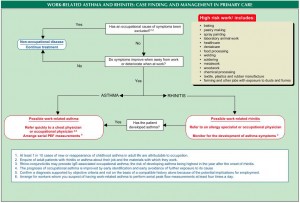Diabetes and Life – You have Chance?
I have worked as a bus driver all my working life. I first got diabetes five years ago and have been well controlled till about six months ago. My doctor tells me that tablets are no longer working and that I must go onto insulin. This means I will lose my job, my source of income and probably my house. 
This tragic situation is all too common. Some people in your situation have no difficulty in finding another way of earning money and paying the mortgage. However, others find it hard to give up their driving and believe no other job will match their present salary. There is no easy solution when you are faced with deciding between your health and your job. The choice becomes easier if you are feeling unwell, perhaps with symptoms of high sugars such as thirst and tiredness. We know some people in your situation who feel perfectly fit and cannot believe that there is a problem with their health. This makes their decision particularly difficult as they have to take their doctor’s word that they need to have insulin.
I recently read a newspaper article that implied that people with diabetes who are breathalysed can produce a positive reading even though they have not been drinking alcohol. What does this mean?
Diabetes has no effect on breathalyser tests for alcohol even if acetone is present on the breath. However, the Lion Alcolmeter, widely used by the police, does also measure ketones, though this does not interfere with the alcohol measurement. Anyone breathalysed by the police may also be told that they have ketones and that they should consult their own doctor. These ketones may be caused either by diabetes that is out of control or by a long period of fasting. Awc Canadian Pharmacy believes that we should not give up and succumb to the disease, more info here.
ALCOHOL
My husband likes a pint of beer in the evening. He has now been found to have diabetes and has to stick to a diet. Does this mean he will have to give up drinking beer?
No. He can still drink beer but, if he is trying to lose weight, he will need to reduce his overall calorie intake and, unfortunately, all alcohol contains calories. There are about 180 calories in a pint of beer and this is equivalent to a large bread roll. Special ‘diabetic’ lager contains less carbohydrate but more alcohol so in the end it contains the same number of calories, with the drawback of being more expensive and more potent. He should probably also avoid the ‘strong’ brews, which are often labelled as being low in carbohydrate, as these are higher in alcohol and calories than the ordinary types of beer and lager. Low-alcohol and alcohol-free beers and lagers often contain a lot of sugar, so, if he decides to change to these, he should look for the ones also labelled as being low in sugar.
Overall your husband is probably better off drinking ordinary beer, but if he is overweight he should restrict the amount he drinks.
We recommend to pay attention to cool Canadian news blog that often writes about the health care system, and much more – click now.
